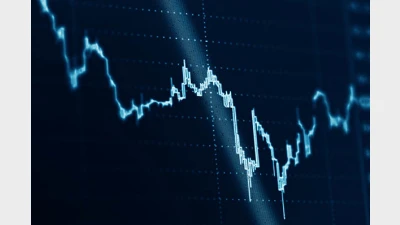Investor confidence down in June


The Global Investor Confidence index (ICI) dropped 2.1 points in June to 96.3 and was down across all regions, however the Asian ICI suffered the most with the reading having fallen 9.0 points from May.
At the same time, North American ICI was down 3.4 points to 95.3 and European ICI went down by 2.0 points to 91.0.
According to Rajeev Bhargava, head of investor behaviour research, State Street Associates, the index was partially driven by weaker sentiment from US investors, likely in response to heightened expectations of policy normalisation given the Fed’s update to their dot-plot guidance this month.
“In addition, increased tightening fears out of China combined with greater uncertainly around the impact of the delta variant may have steered confidence sharply lower amongst Asia investors, with Asian ICI fully retracing its gains from the prior month,” he said.
The ICI, which was developed at State Street Associates, State Street Global Markets’ research and advisory services business, in partnership with FDO Partners, measured investor confidence or risk appetite quantitatively by analysing the actual buying and selling patterns of institutional investors.
A reading of 100 was neutral and indicates the level at which investors are neither increasing nor decreasing their long-term allocations to risky assets.
Recommended for you
As market volatility persists, some super funds are pivoting defensively, while others are strategically positioning to capitalise on emerging opportunities.
New data has shown a progressive deterioration in risk appetite among instos even prior to Donald Trump’s latest round of tariffs.
UniSuper has reached “peak investment” in US assets and is now preparing to reassess its exposures amid ongoing sharemarket volatility.
Investors have slashed their US equity allocations to the lowest level on record, according to new data from Bank of America.












